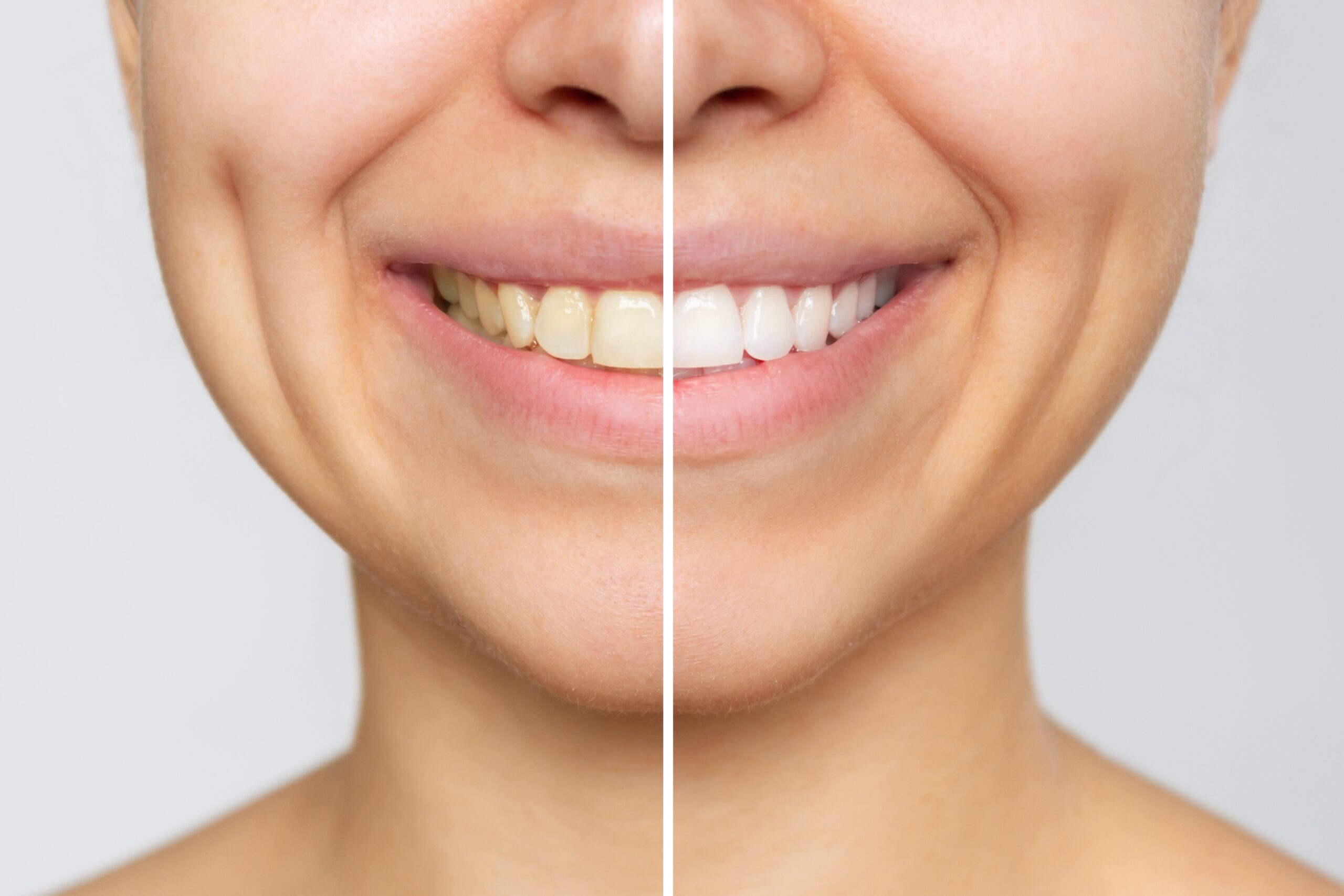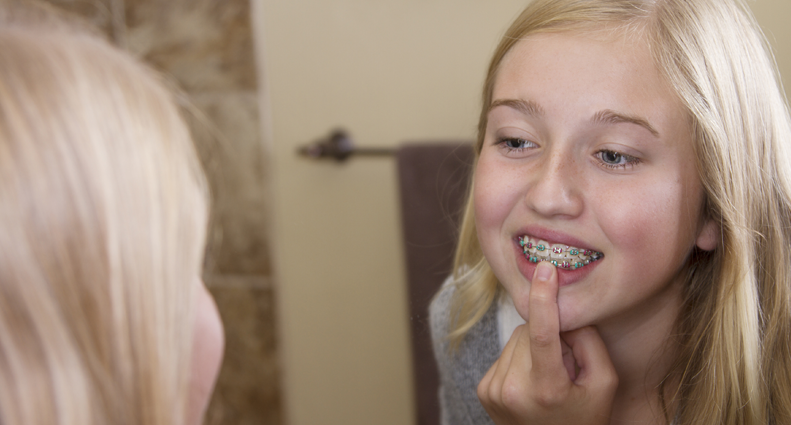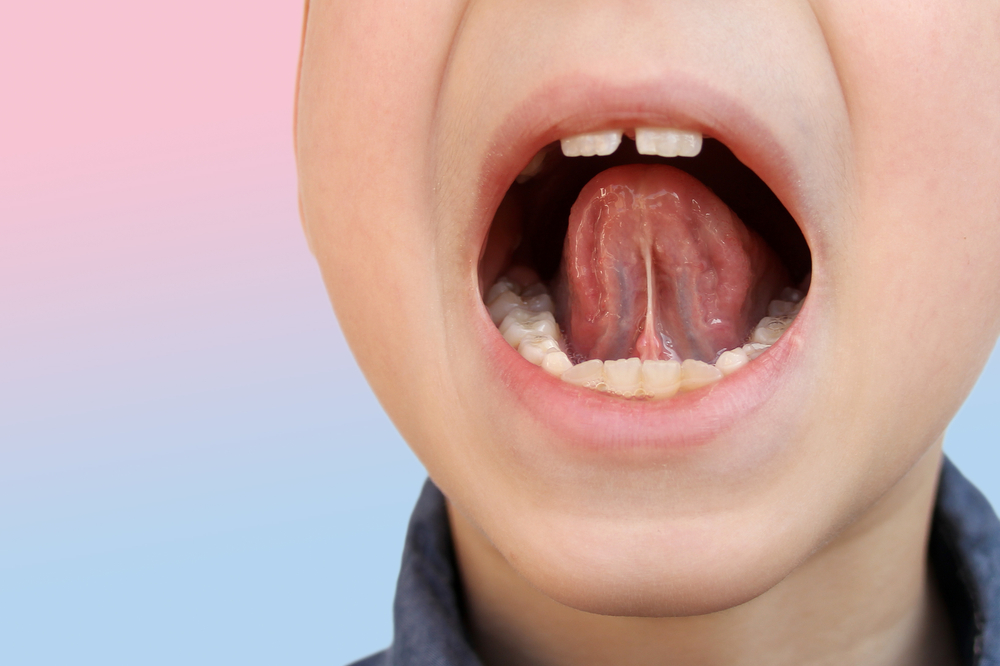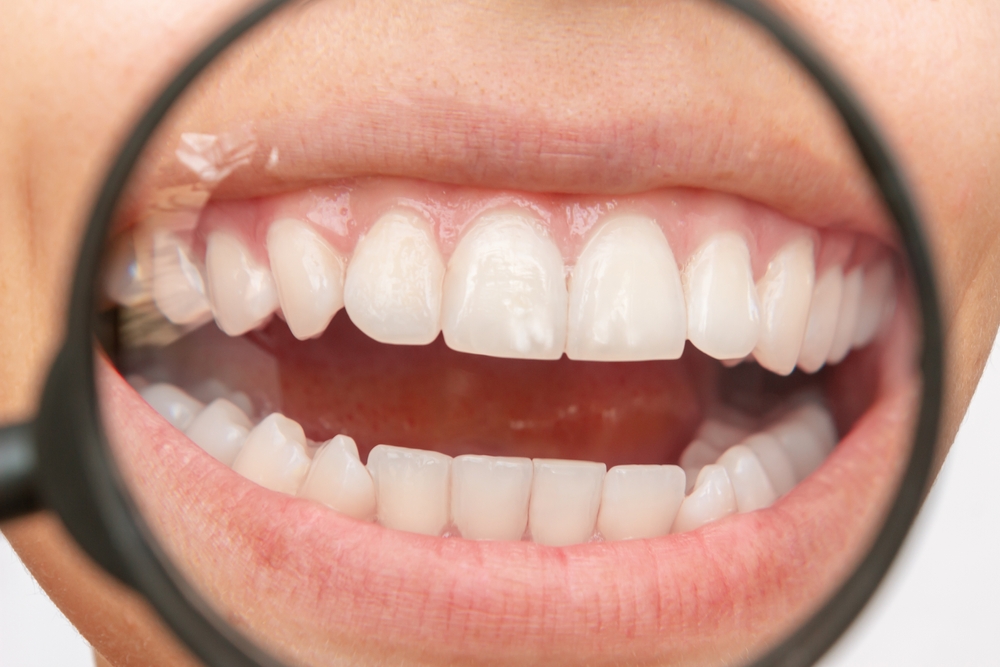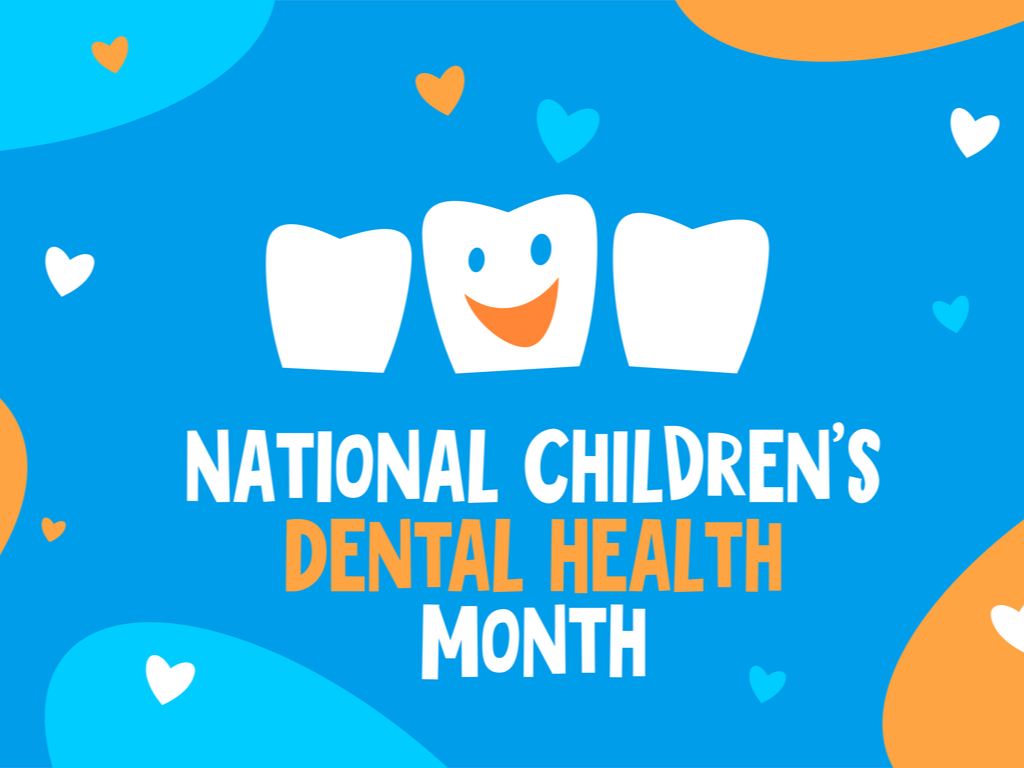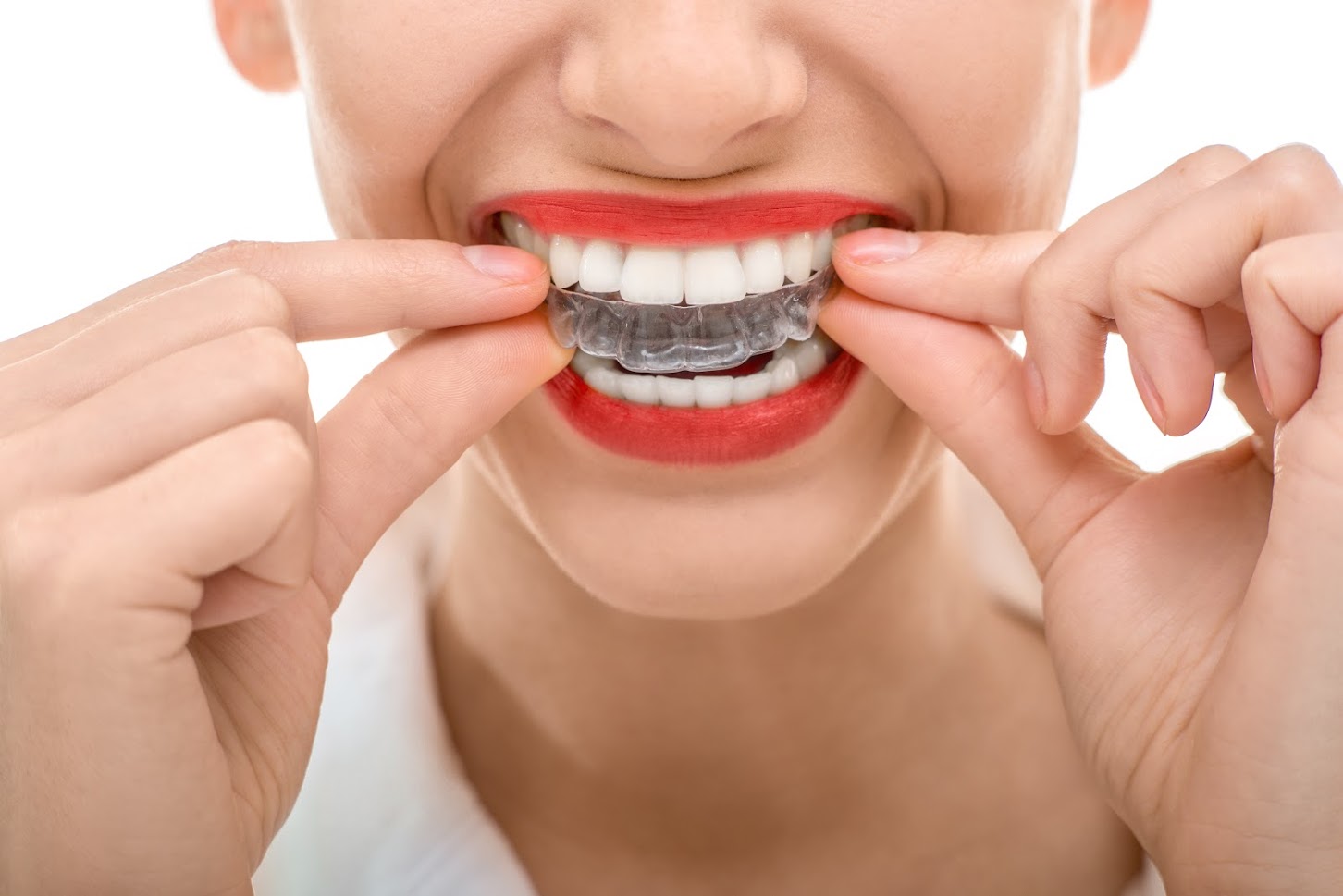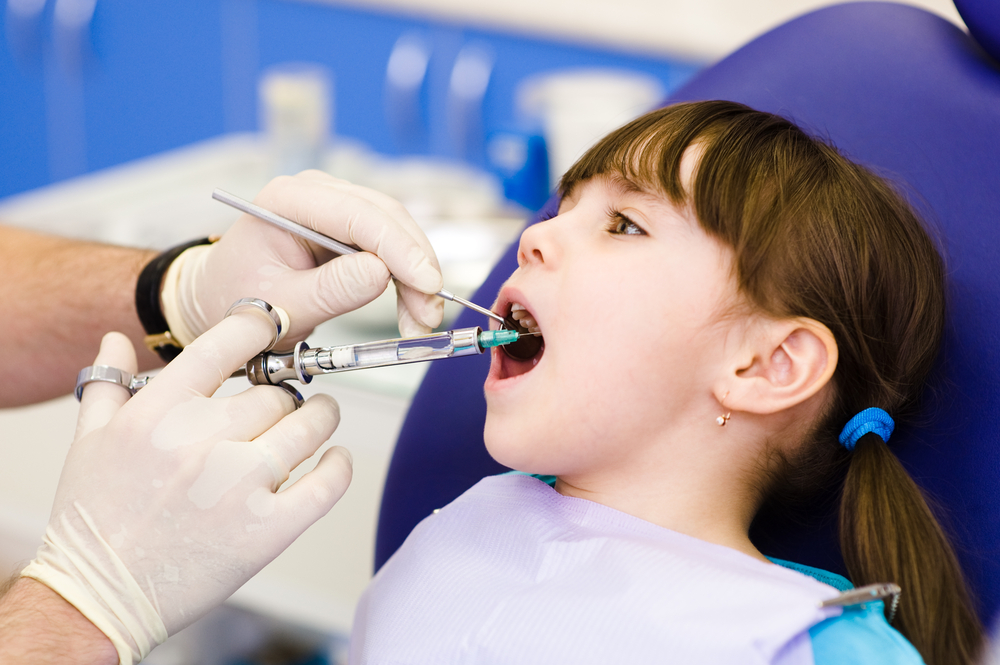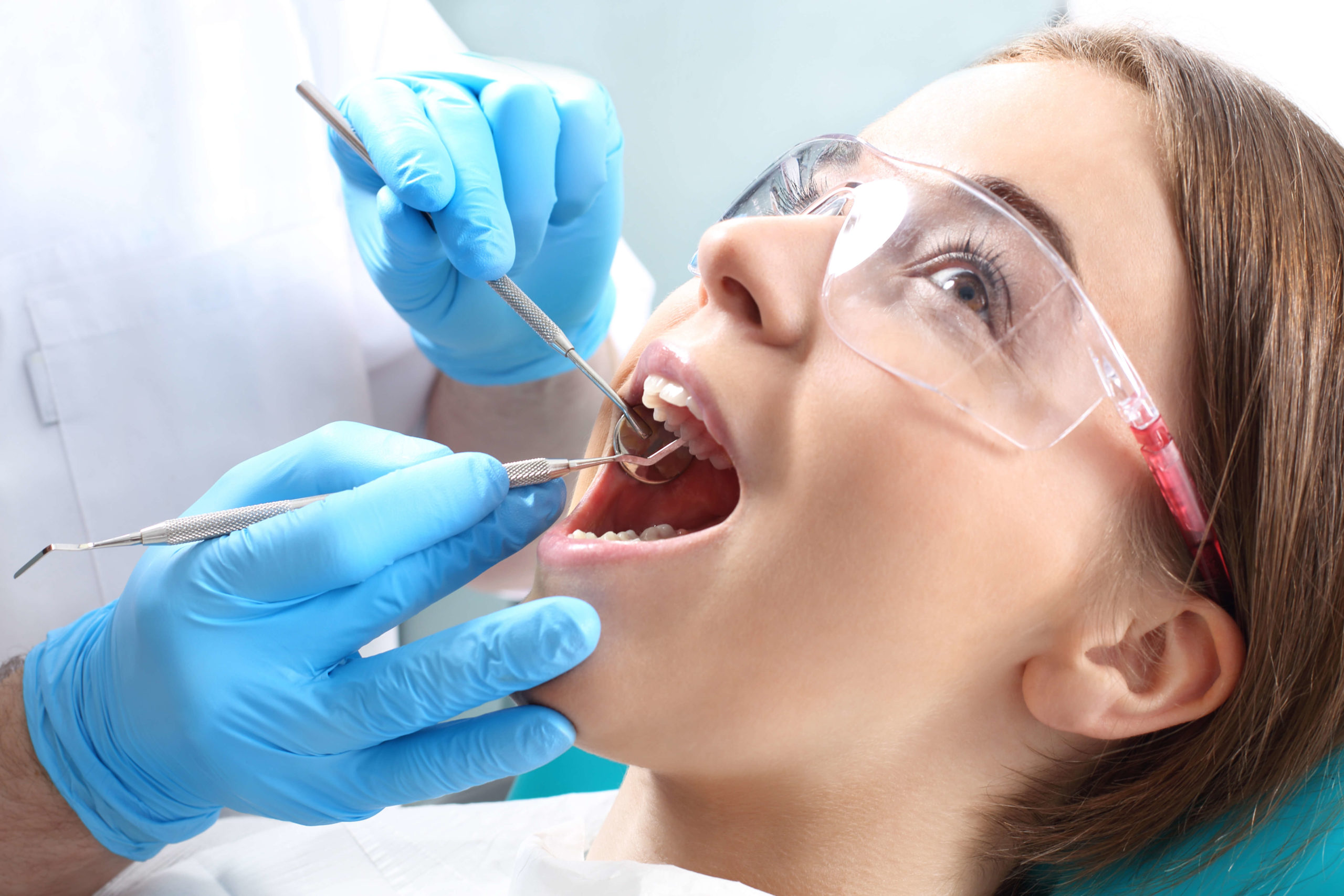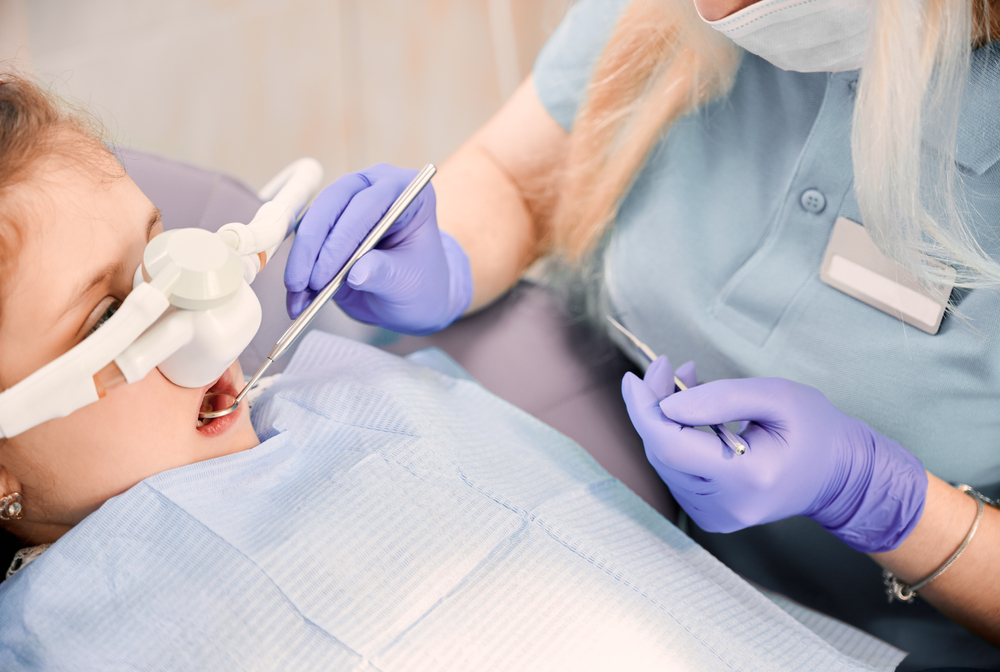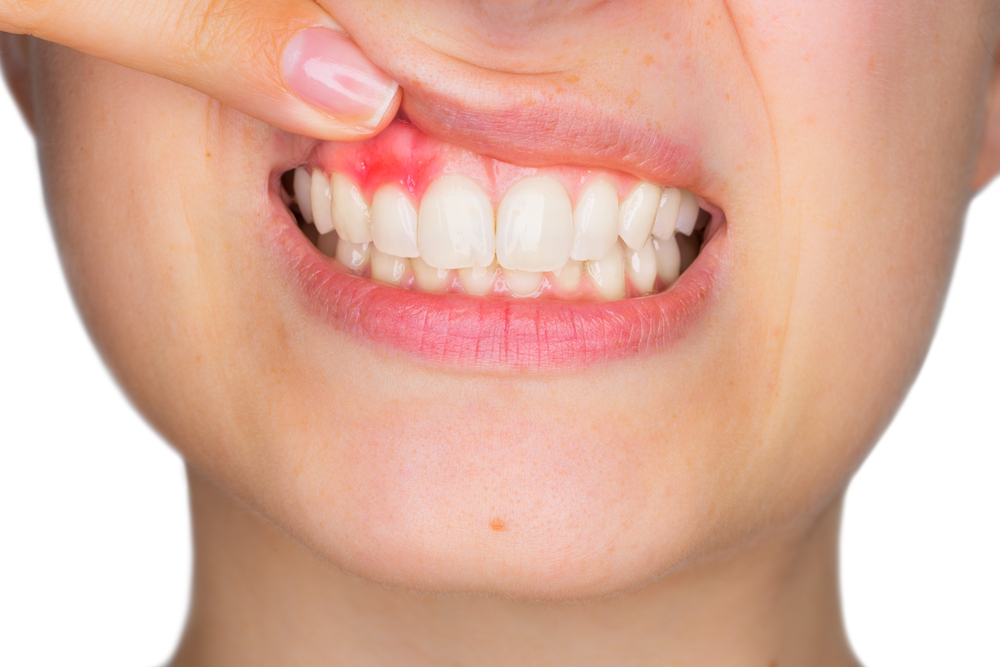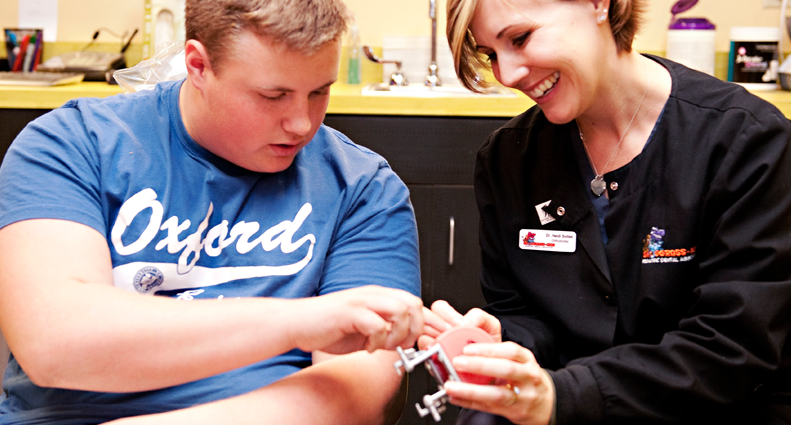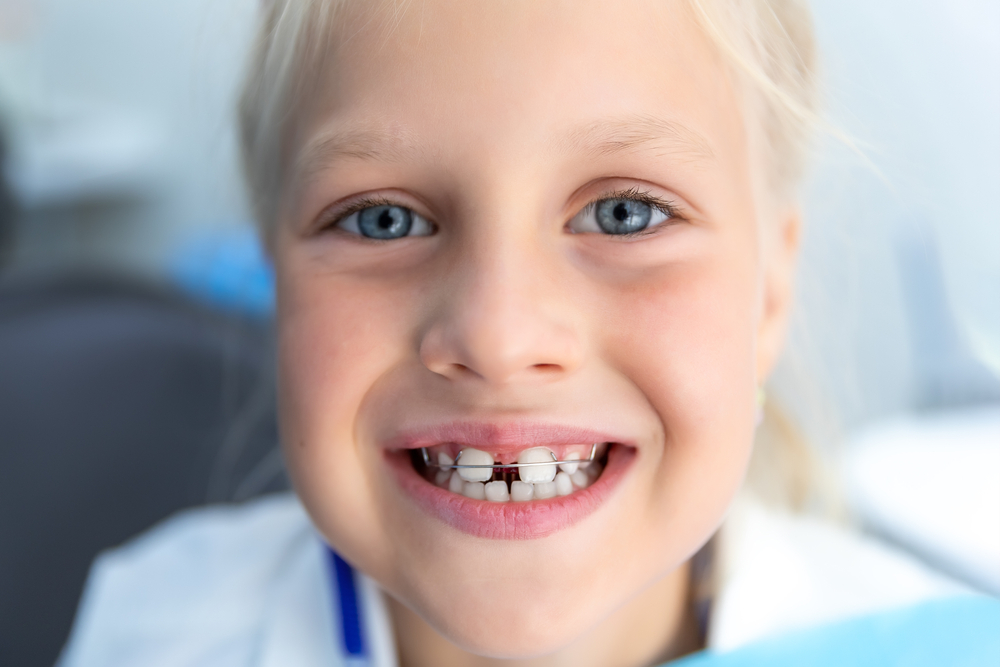Tooth Talk Dental Articles
Causes for Yellow Teeth and How to Avoid Them
Yellow teeth can be a common struggle for many patients, and one that we often see our patients ask questions about when they visit our office. The reason for yellow [...]
Dental Health in Young Children Can Aid Speech Development
Dental Health in Young Children Can Aid Speech Development As parents, we can’t wait to hear our kids [...]
Who Is Chomp?
CHOMP Hi Kids. My name is Chomp and I’m the mascot for Snodgrass-King Pediatric Dental Associates. As you can see I am a very large, but [...]
Getting Wisdom Teeth Removed
Getting Your Wisdom Teeth Removed Wisdom teeth are third molars – the last teeth to erupt. Most people start to feel their wisdom teeth coming around their late teens or [...]
Managing Swollen Gums Braces Discomfort: Effective Relief Strategies
Managing Swollen Gums Braces Discomfort: Effective Relief Strategies If swollen gums braces are causing discomfort or swelling, relief is at hand. In this guide, we provide practical tips to reduce [...]
Understanding Frenectomy: A Complete Guide to Procedure and Benefits
A Complete Guide to a Frenectomy Procedure and Its Benefits You might be considering a frenectomy if you’re faced with oral issues like tongue-tie, lip-tie, or dental misalignments. This minor [...]
Tobacco Use in Teens And Adults | An Oral Health Nightmare
Tobacco Use in Teens And Adults These days, you may have started to see more and more information about the long-term effects of smoking. As dental professionals, we think it’s [...]
The Dangers of Double Dipping Fluoride Treatments
The Dangers of Double Dipping Fluoride Treatments Many people commonly think that more is better when it comes to dental care. More frequent brushing, flossing, and fluoride treatments. But did [...]
Fluorosis and Your Infant
Fluorosis and Your Infant As a new parent, it's very normal to want to keep track of your toddler's health and teeth. In fact, it's probably just the right instinct. [...]
National Children’s Dental Health Month
National Children's Dental Health Month February is National Children's Dental Health Month, a month-long event started by the American Dental Association (ADA) to promote good oral health practices for children and [...]
The Best Sippy Cup For Your Child
The Best Sippy Cup For Your Child As a new or expecting parent, raising your child can be stressful enough. So it doesn’t help when there are a million decisions [...]
Debunking 4 Myths About Invisalign
Debunking 4 Myths About Invisalign Orthodontic treatment is beneficial for a variety of reasons. It can realign bites and straighten crooked teeth, and the end result of an improved smile [...]
Articaine vs Lidocaine for Pediatric Dental Procedures
Articaine vs Lidocaine for Pediatric Dental Procedures Taking your child in for their first major dental procedure can definitely be stressful. Both you and your child may have some questions [...]
7 Reasons You Can Have Pain After A Root Canal
The Root of Root Canal Pain A root canal is a common oral procedure performed by an endodontist to save a natural tooth. Root canal surgery helps with tooth [...]
Emerging Trends in Pediatric Dentistry with Conscious Sedation
Conscious Sedation Trends in Pediatric Dentistry If your child is anxious about going to the dentist or has some major dental work coming up, you may be interested in learning [...]
What To Do About Kids Grinding Teeth
Teeth Grinding In Kids and What To Do About It Teeth grinding, or bruxism is seen in about 30% of children. In fact, most kids who grind their teeth are [...]
How to Fight Tooth Decay for Children and Adults
How to Fight Tooth Decay for Children and Adults Tooth decay is one of the most prominent and problematic concerns in American dentistry. Tooth decay is where [...]
Reasons For Your Child’s Puffy Gums
Reasons For Your Child's Puffy Gums If you notice sudden puffiness in your child’s gums, there are a variety of causes for this, and ways to treat and prevent this [...]
Cost of Braces | Orthodontic Treatment Timeline
Cost of Braces | Snodgrass-King Orthodontics Treatment Timeline Cost is often a high-priority factor that influences many parents’ decisions regarding orthodontic treatment for their children, or themselves. The cost of [...]
The Best Diet for Strong Healthy Teeth
The Best Diet for Strong Healthy Teeth Most of us are familiar with some of the basics of well-rounded nutritious eating. After all, we know that good food helps us [...]
Why Do Diastemas Happen?
Why Do Diastemas Happen? You may have heard your dentist use the term diastema (pronounced dahy-uh-stee-muh) but not know what it means. Everything has a complicated, hard-to-pronounce medical term, even [...]


